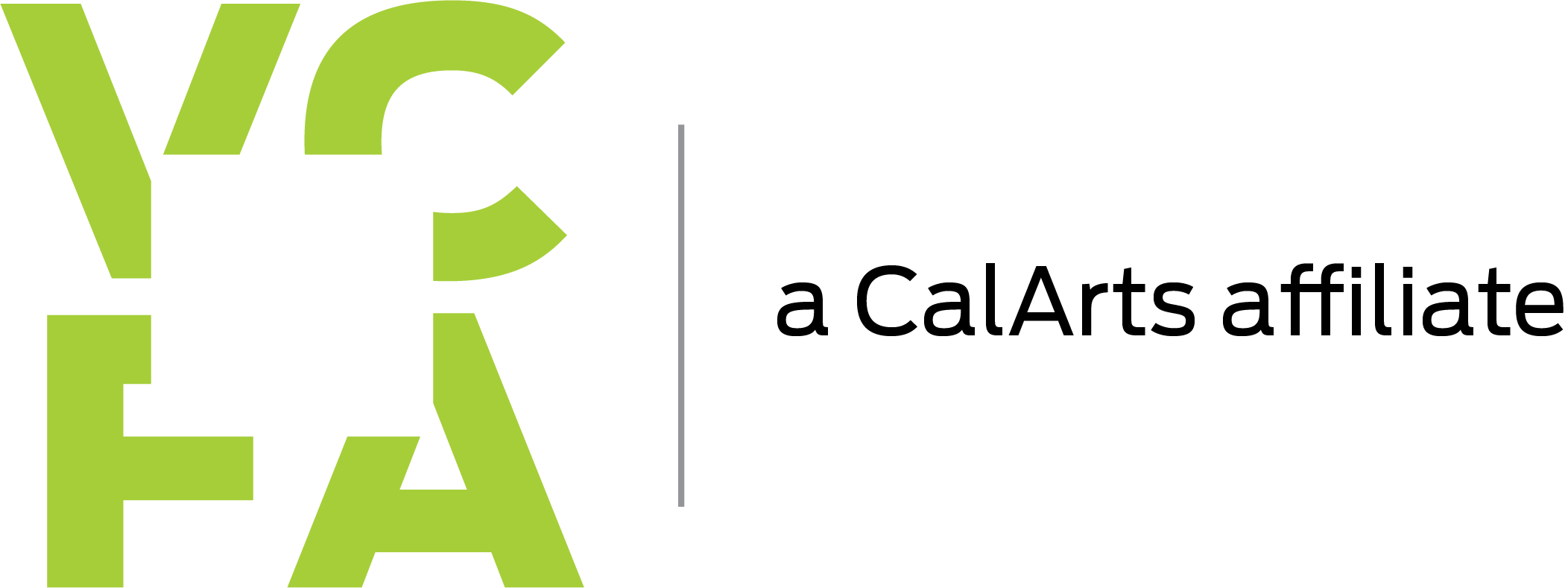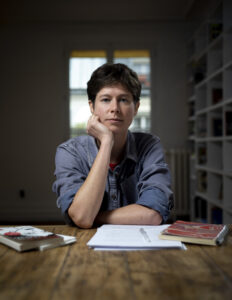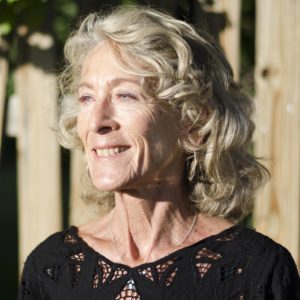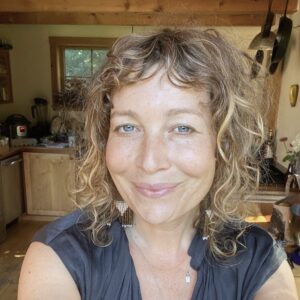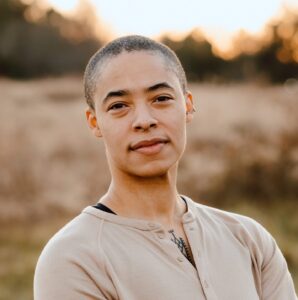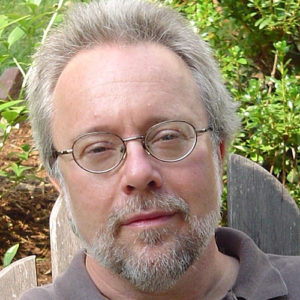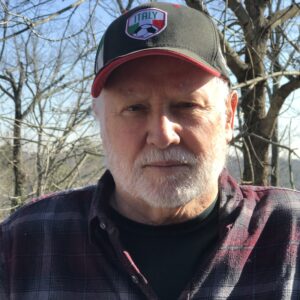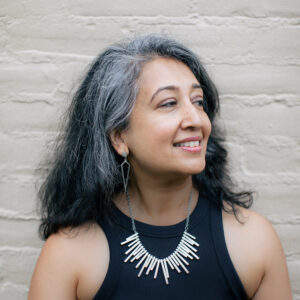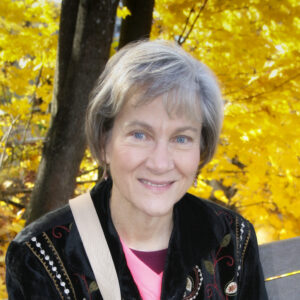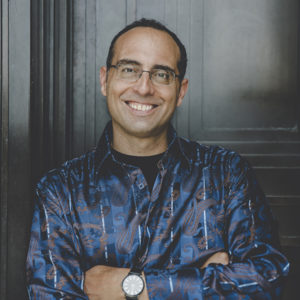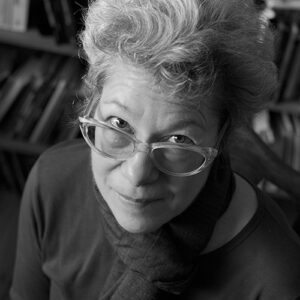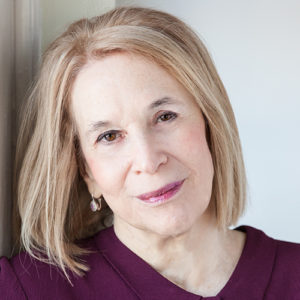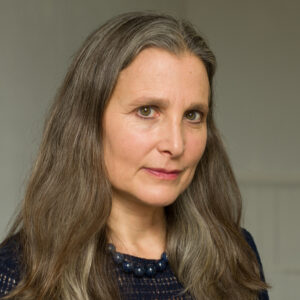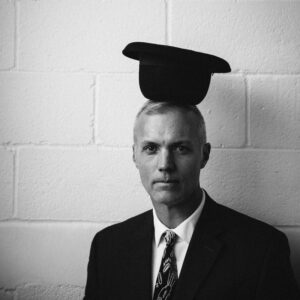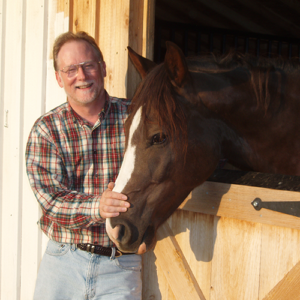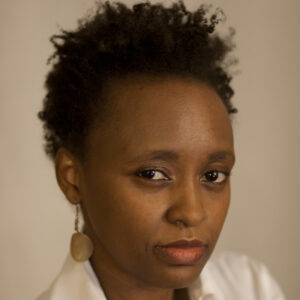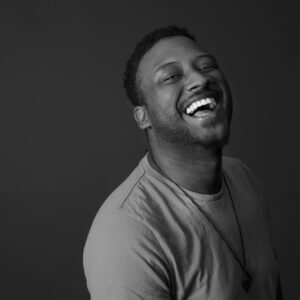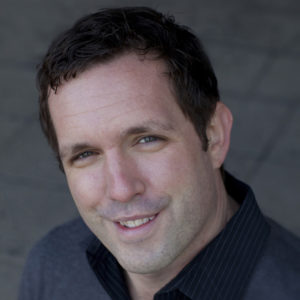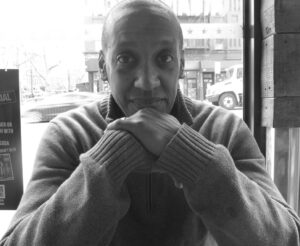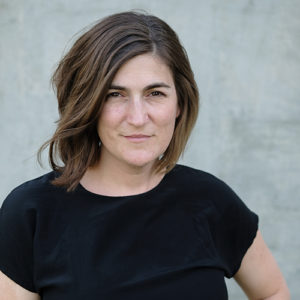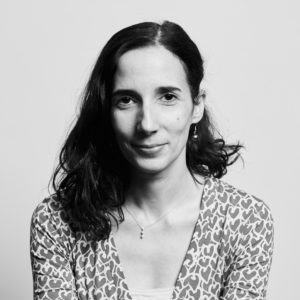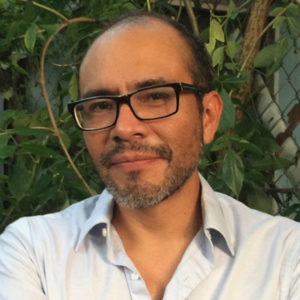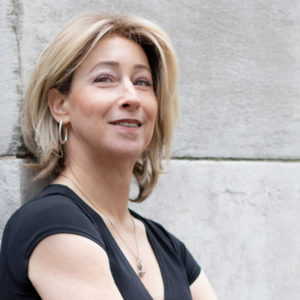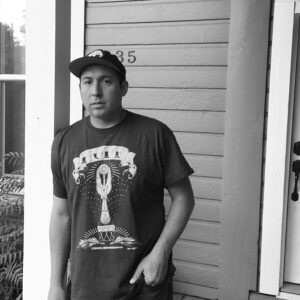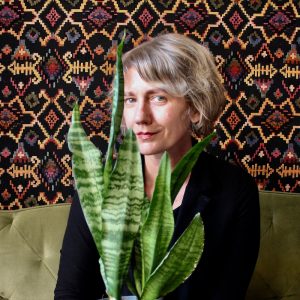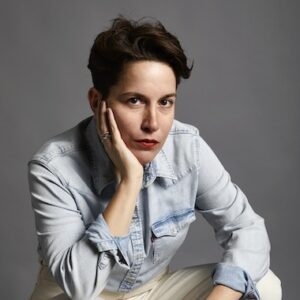Ready to Apply?
About the Program
VIBRANT IN-PERSON RESIDENCIES
As a student in VCFA’s low-residency MFA programs, you convene with your program community twice a year for intense and vibrant nine-day residencies. These residencies kick off each semester and are packed with workshops, lectures, discussions, critiques, exhibitions, performances, and more. Between events, you have ample opportunity to engage with faculty over meals and have informal conversations that contribute to the richly personal experience of a VCFA residency. View highlights from our recent summer residency and winter residency.
ENGAGED VIRTUAL RESIDENCIES
In addition to our on-campus gatherings, VCFA also offers virtual residencies. These immersive online experiences feature the same richness of programming—workshops, lectures, panels, and readings—while fostering community through virtual social gatherings and informal meet-ups. Whether attending in person or online, students are fully integrated into the residency community, ensuring access to the same mentorship, craft conversations, and creative connections that define VCFA.
INDIVIDUALIZED MENTORSHIP & STUDY
Following the residency, over the next six months, you continue your studies back at home. Working one-on-one with a faculty advisor, you work from an individualized study plan tailored to your interests and goals. While students have different semester experiences, the level of rigor and attention to craft is consistent across all study plans. The low-residency mentorship model mirrors the lives of professional working artists and is ideal for developing each student’s distinctive voice.
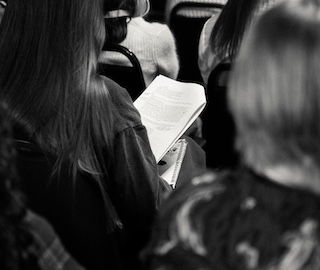
Key Information
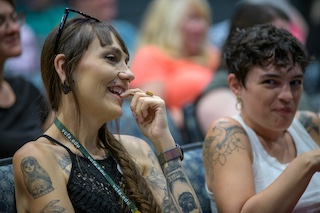
How will your VCFA experience change you?
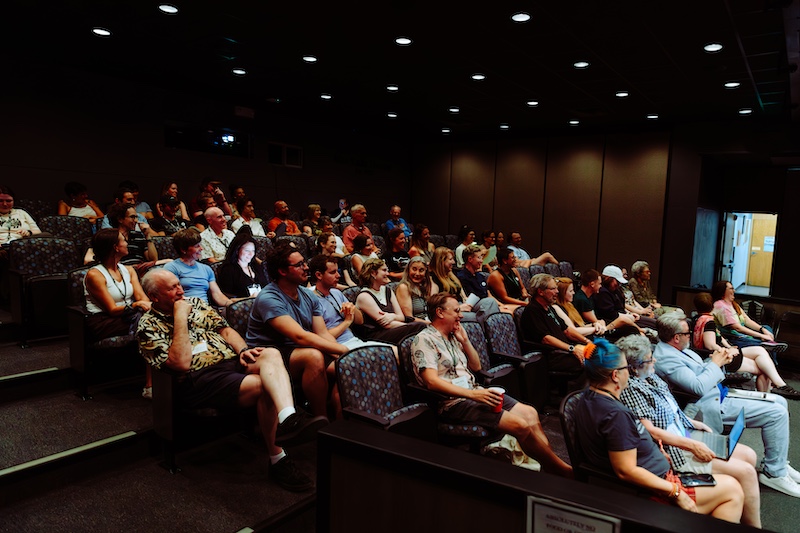
Limitless Possibilities, Boundless Opportunities
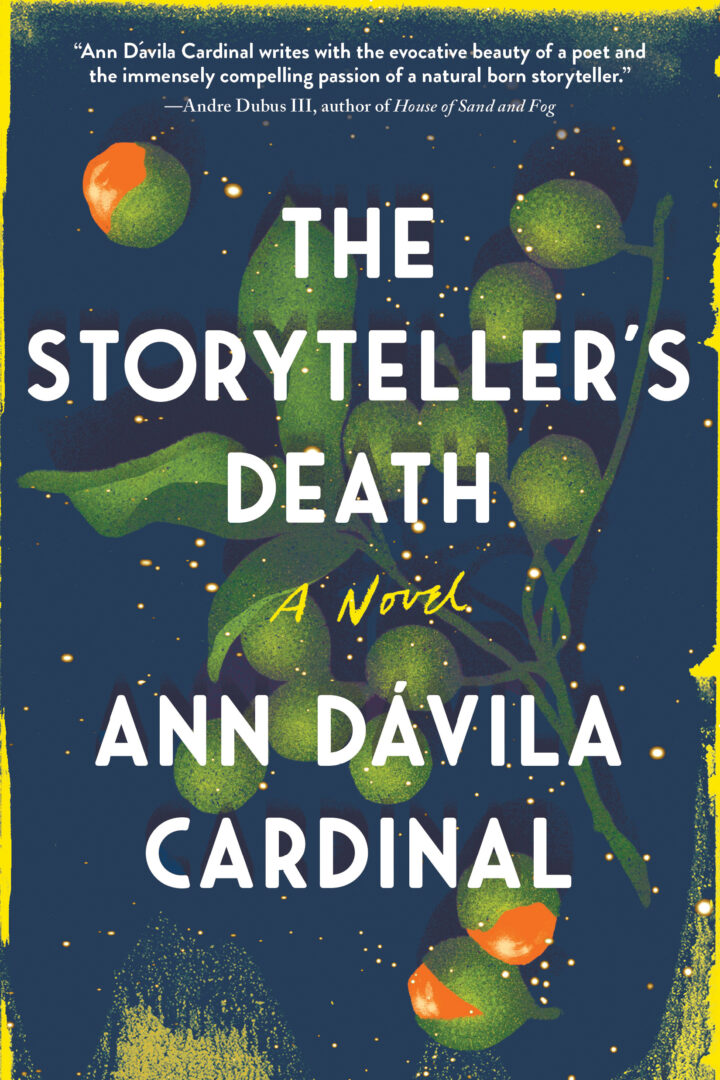
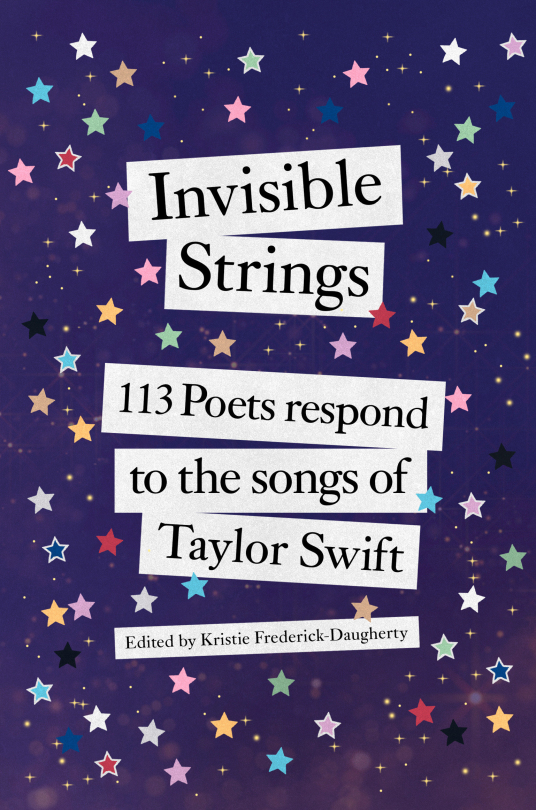
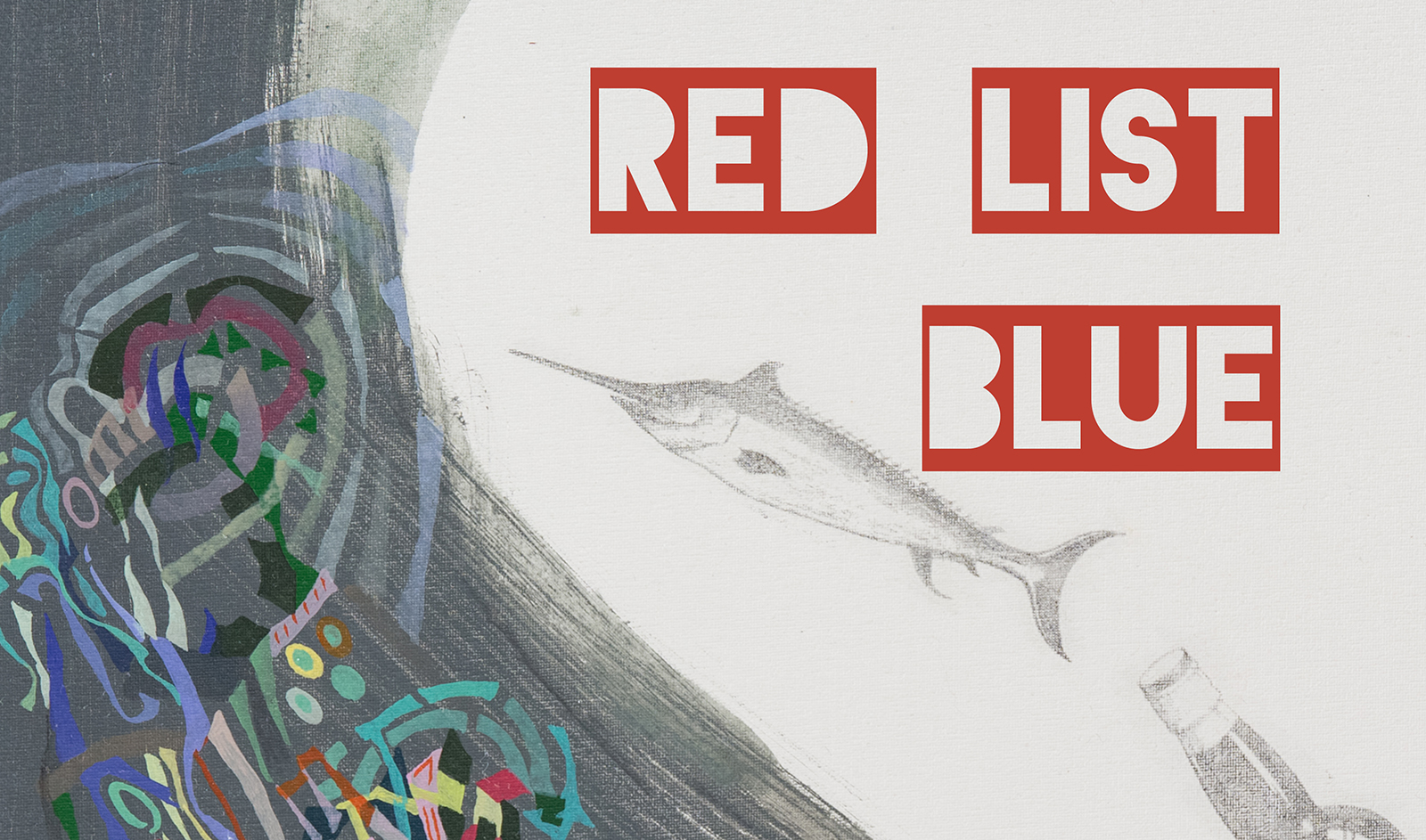
Program Work
Our award-winning students and faculty push boundaries, break new ground and further cultural conversation with their work. Prepare to be inspired.
View All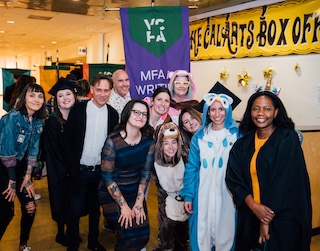
Residency
Experience VCFA’s low-residency model VCFA’s academic calendar is divided into two semesters per year: a summer and winter semester respectively. Each semester begins with a nine-day residency that provides a vibrant whirlwind of workshops, lectures, panels, discussions, and readings. Students, faculty, and visiting writers come together to connect and collaborate.
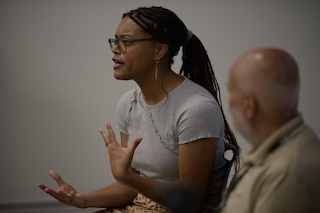
Mentorship & Individualized Study
Following each residency, students return home and devote at least 25 hours per week to their studies. Our 5:1 student-faculty ratio maximizes individual attention and fosters close relationships.
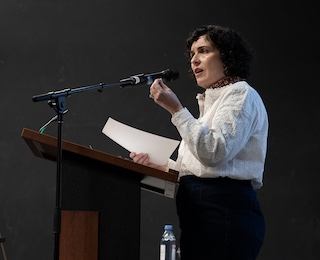
Explore, Experiment, Expand
At VCFA, no matter which path you choose, exemplary writers, thinkers, and teachers will accompany you on your journey. And with opportunities to intern with our renowned literary magazine, "Hunger Mountain Review," you will gain professional publishing experience.
It's the best of worlds—the modern classroom and the age-old experience of apprenticeship—a serious, personal, and thrilling way to learn.
VCFA Stories
Our students, alumnx and faculty inspire us every day with their exhibitions, publications, screenings, performances, and teaching, bringing the magic of VCFA out into the world. Discover the amazing work of our WCYA community.
View All Writing Stories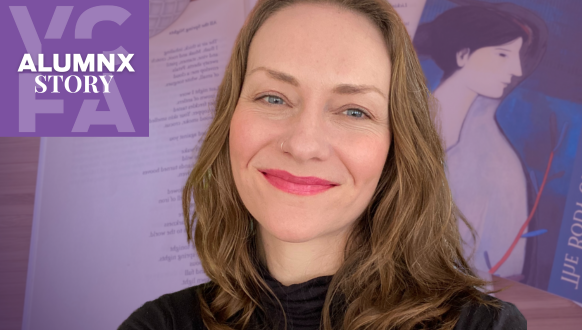
Rebecca Jamieson (WP '20): Real Writers Don’t Write Alone
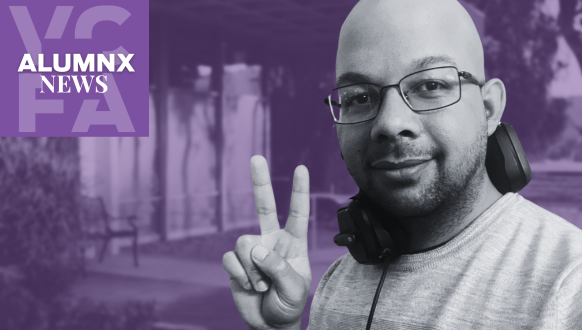
ALUMNX NEWS: brandon brown (W ’23) Receives PEN America Short Story Award
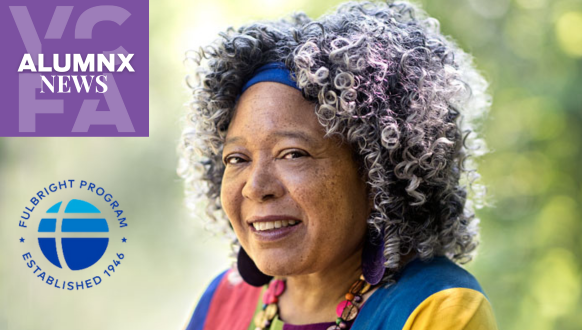
ALUMNX NEWS: Dr. Claudia Ford (W ‘20) Receives Fulbright Scholarship
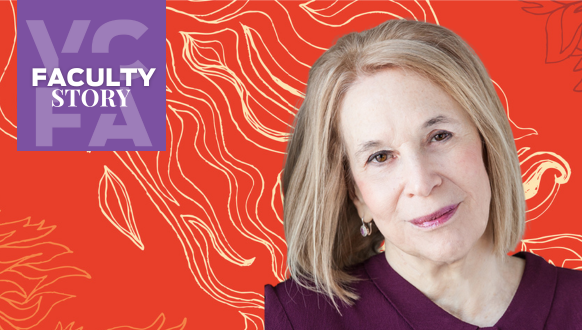
FACULTY STORY: Sue William Silverman
Literary Journal
Hunger Mountain Review is an annual print journal of the arts, housed at VCFA. We publish fiction, poetry, creative nonfiction, visual art, graphic design, young adult/children’s writing, and literary miscellany.
Writing News & Events
Writing Alumnx Reading Series
VCFA Info Sessions
Ready to apply?
We're here to help!
Our Admissions team is ready to help you begin your journey! Connect with us at our [email protected] to get started or click the link below to get started.
